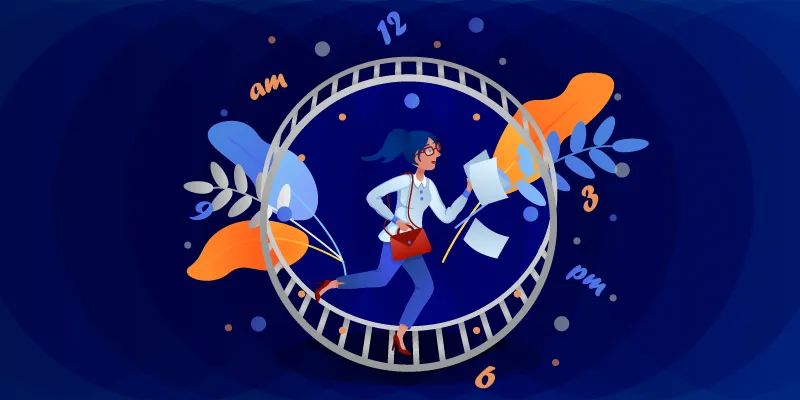Learning from Matthew Perry, it's time celebrities do a personal check on mental health
Being under the spotlight makes super achievers and celebrities more vulnerable to mental pressures that can become serious conditions and have a lasting impact on a person’s life.
When actor Matthew Perry was found dead in October, fans and TV viewers across the world were left stunned. Perry symbolised success and a spark of joy to countless people who have watched him lovingly bumble his way through Friends, the iconic TV sitcom that remains a global hit.
Having made millions as Chandler Bing with this show, Perry continued to work in films selectively, picking and choosing his work while investing successfully in real estate across California.
He also wrote a memoir, ‘Friends, Lovers and the Big Ugly Thing’ in 2022 where he talked about his lifelong struggle with alcoholism and painkiller addiction, and how the demands of showbiz created an imbalance in his personal life. His last Instagram post, of him in a jacuzzi by himself, created a buzz about his loneliness and vulnerability online.

Late actor Matthew Perry
Perry’s death reignited conversations on social media and in mental health related forums about depression, anxiety and addiction. Many felt like they had lost a friend because of the familiarity that people have with his character, Chandler Bing.
Paula Corcoran, a lecturer of psychology at City University, London finds this kind of attention useful to bring mental health issues to centre-stage. In an article for theconversation.com, she wrote,
“It can take years for people to seek help for addiction issues and they often report feelings of guilt and shame. Many still associate addiction with a lack of control and personal chaos….Perry himself subscribed to the view of addiction as a disease.”
Talking about depression humanises the seemingly invisible but compromising condition.
Closer home, Deepika Padukone has owned up to her battle with depression, focusing on it with her philanthropic efforts with the Live, Love, Laugh Foundation. She has leveraged popular public appearances to highlight the issue consistently, as she did in a recent episode of Koffee with Karan, the celebrity chat show. Her public admission has helped many women access mental health support and has diluted the stigma around these issues.

Similarly, singers Demi Lovato and Beyonce Knowles have admitted to struggling with depression at the peak of their careers. Both Padukone and Knowles had confided in their mothers to observe their condition and make them seek medical help. They take medication regularly and it helps them function normally. The fact that they spoke out about their struggles makes the prejudice around depression-based medication or medical help acceptable to people.
There is also a visible correlation between mental health issues and celebrity lifestyles. The round-the-clock nature of their erratic schedules, constant scrutiny, and highs and lows of success make it difficult to cope mentally. Besides, the constant pressure to be successful and become an achiever has led to widespread mental health vulnerabilities. Aspirations are high and the race to be the best or the richest or the most followed on social media quadruples these pressures.
Psychologist Harish Shetty, who has dealt with superachievers and celebrities, tells YS Life,
“Money or fame can never fill the void of a sad heart afflicted by events or a natural churning of the brain. Rich or poor, famous or infamous, are prone to mental illness just like (they are prone to) physical illness. No one is immune. Celebrities are more vulnerable as they are under the arc lights both literally and metaphorically.”
The spread of social media, while a blessing to create awareness, is a double-edged sword. It also brings constant social anxiety.

Image credit: Aditya Ranade
Perry’s death has re-centred the conversation around finding a balance between aspirations and the realities of life. He insisted on taking care of one’s mind just like one takes care of one’s physical fitness.
Be it Kurt Cobain, Amy Winehouse, Sinead O’Connor, or Robin Williams, the cycle of depression, anxiety, and dependence on drugs and substances has often cost the lives of much-adored, talented performance artists. For those who love their work, it is about time to focus on mental health wellness and to do a personal check on how one is feeling.
Edited by Kanishk Singh







